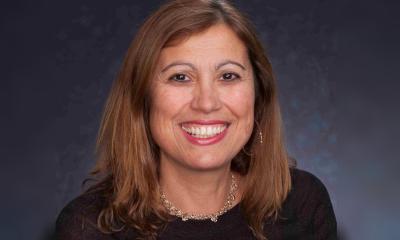Private genetic testing for breast cancer risk
A new partnership between BreastHealth UK (BHUK) and Lab21 Ltd aims to offer women predictive genetic testing for breast cancer risk. BHUK, which offers personalised, private breast screening services, has launched a Breast Health Risk Assessment Service.
The range of tests used for diagnoses by Lab21 include the deCODE BreastCancer assay and the Myriad assays. ‘The deCODE BreastCancer test, which has been validated in more than 100,000 women, will be offered as part of an overall breast cancer risk assessment that takes into account family history and lifestyle factors using the Tyrer-Cuzick model,’ the firms report. ‘Results will be provided in consultation with an experienced breast surgeon to interpret them and recommend potential follow-up breast screening as required.’
‘The Myriad BRCA1 and BRCA2 genetic tests are suitable for women with a strong family history of breast cancer and specialist counselling is provided to support women that require this test. The Myriad BRCA tests are based on extensive clinical research and are currently the only tests available which address predisposition to familial (inherited) breast cancer.’
BHUK is expanding its number of UK clinics via the Spire Healthcare hospital network.
01.05.2009





